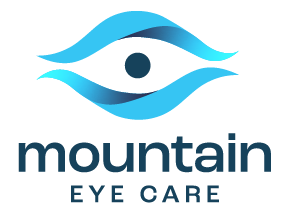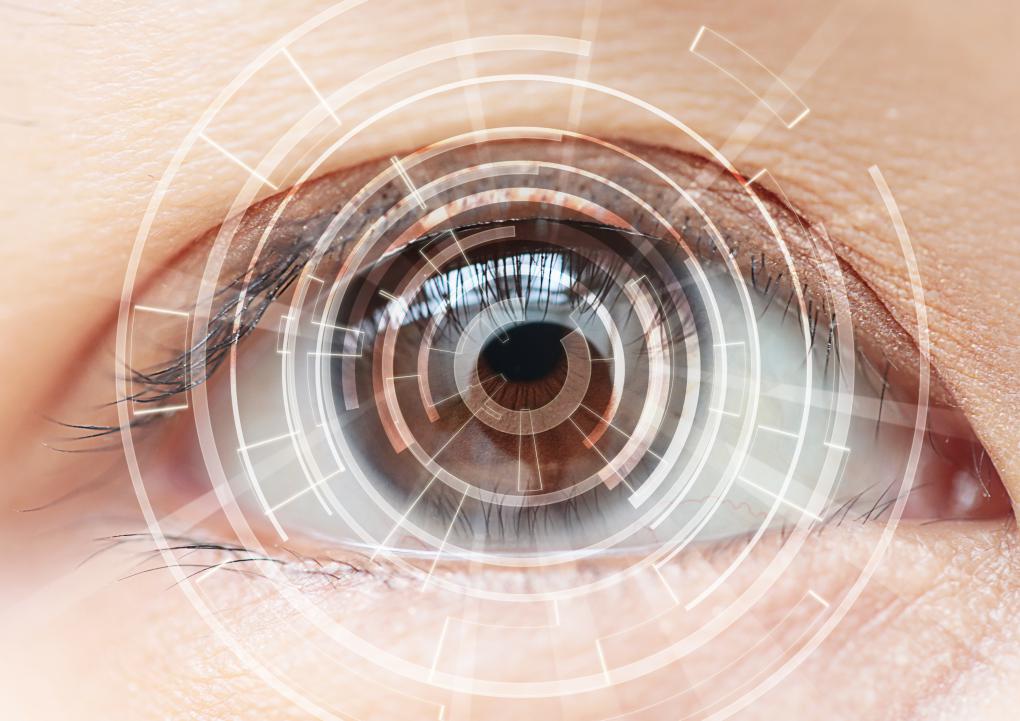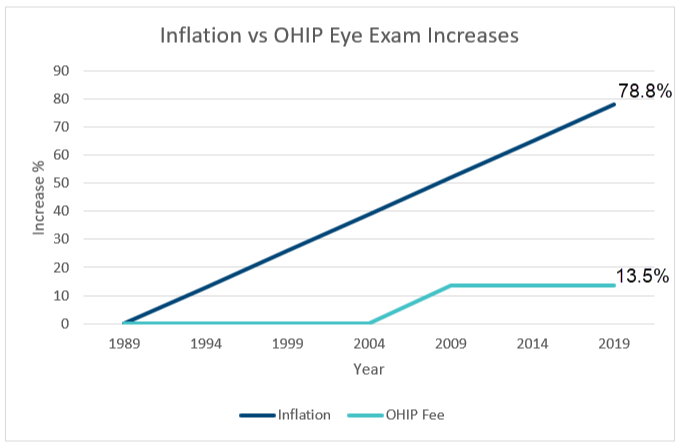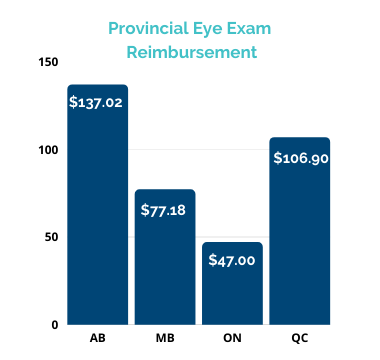Some common eye care misconceptions
Did your parents make you move away from the television when you were young because they thought sitting too close would hurt your eyes? Did you eat carrots thinking it would improve your eyesight? Have you ever worried that if you cross your eyes for too long, they could really stay that way? These classic questions have one thing in common: They are things, maybe even better-called myths, people believe, or previously believed, about their eyesight. But is there any truth to them? Just as in many aspects of our health, there are myths and misconceptions about our eyes and eyesight. In this blog by Mountain Eye Care, we share some information about some common eye care misconceptions.
Can reading glasses substitute for prescription glasses?
Not really. It’s easy to see the large displays of reading glasses in pharmacies or grocery stores and wonder if you can get by without having your eyes checked or buying prescription glasses. In reality, reading glasses only help with the deterioration of near vision that commonly happens to people as they begin to age. If your only problem is reading small type up close, on a medicine label, for instance, or a restaurant menu, reading glasses may work just fine. But don’t go too long without getting your regular eye exam. Reading glasses don’t correct for astigmatism, the optical centers may not be the perfect distance from your pupils, and your eyes may not need identical strength in lenses.
Can too much time in bright sunlight cause cataracts?
Yes, over time. The culprit is the ultra-violet (UV) light from the sun, which can increase the rate of cataracts, growths on the eye, and (although rare) certain forms of cancer. UV-blocking sunglasses and hats should be worn whenever people are outdoors. They include babies and toddlers in that recommendation.
Do people need to get their eyes checked more often as they get older?
Yes. In addition to checking your actual eyesight, your eye doctor is also checking for cataracts, eye diseases, and testing for glaucoma. Comprehensive eye exams are recommended every one to two years, depending on your age, risk factors (such as diabetes or family history of glaucoma), and whether or not you wear corrective lenses.
Will eating carrots improve your eyesight?
Other foods or supplements high in Vitamin A can also help promote healthy eyesight. Carrots are rich in beta-carotene, which the body uses to make Vitamin A. Specifically, Vitamin A fortifies the cornea and helps people to see better in low-light conditions. In fact, Vitamin A deficiency can cause total blindness. But don’t think that more is always better; a balanced diet and/or a vitamin supplement will provide plenty, and the body rids itself of any excess.
If you cross your eyes will they stay like that?
No. Despite your parents’ admonitions or playground myths to the contrary, the act of momentarily crossing one’s eyes cannot override the eye muscles that ordinarily keep the eyes aligned. However, if a child’s eyes cross by themselves, this is a condition called strabismus, and it needs medical attention.
These are just a few of the common misconceptions and questions regarding eye care and eye health. If you are looking for more information about proper eye health, then we encourage you to continue browsing through our Mountain Eye Care website. Click here to find our contact information or speak with a representative.



